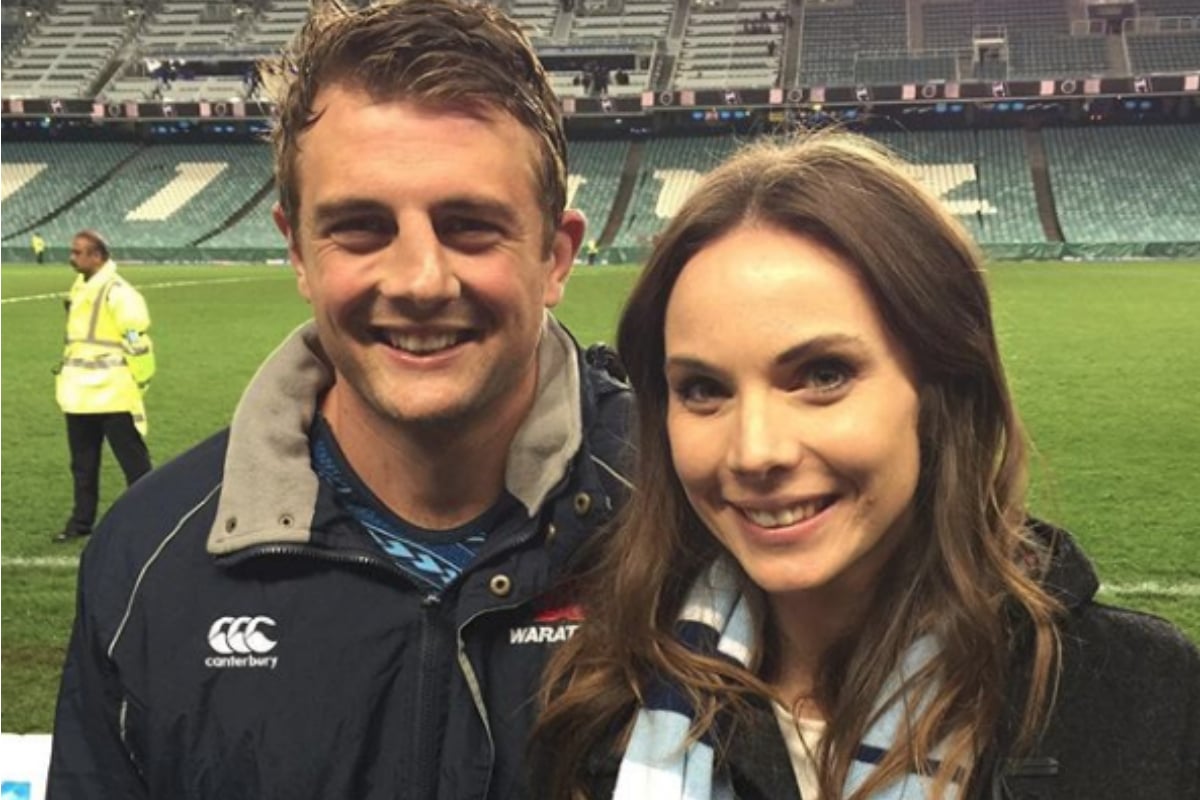
This article deals with an account of infant loss that could be triggering for some readers.
It’s a difficult topic to discuss, but it’s absolutely vital that we do. Premature babies who don’t make it, or end up with a disability, simply because they weren’t in the womb long enough.
Retired Wallabies and NSW Waratahs player, Dean Mumm, and his wife Sarah, have been to hell and back. Dean and Sarah lost their daughter Sophie, son Henry, and twin girls Ella and Grace due to issues arising from preterm birth.
After unfathomable loss, Dean and Sarah are sharing their story in the hope preterm birth is something we can talk about – so scientists can help prevent other families from going through the same anguish.
“There is nothing more harrowing or deafening than the sound of silence after you’ve given birth,” says Sarah.
“Instead of hearing your baby’s first cry, silence engulfs the whole room. I gave birth to my daughter Sophie preterm and she didn’t survive the labour.
“Dean and I had been married about four or five months when we fell pregnant. It was my first pregnancy, and everything had been going well. We’d just had the 20-week scan and we were so excited to become first-time parents. But at 21 weeks, my waters broke. I’d been getting stomach cramps and I called Dean with the panicked realisation we might lose our baby.
“I rushed to hospital and I had indeed gone into labour. It was all such a blur but I was so scared. We were only supposed to be halfway through the pregnancy.”

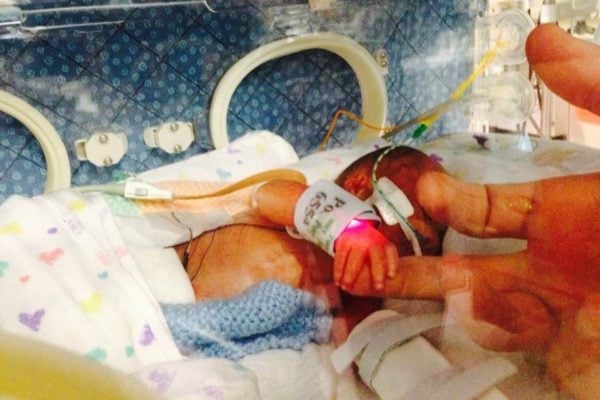
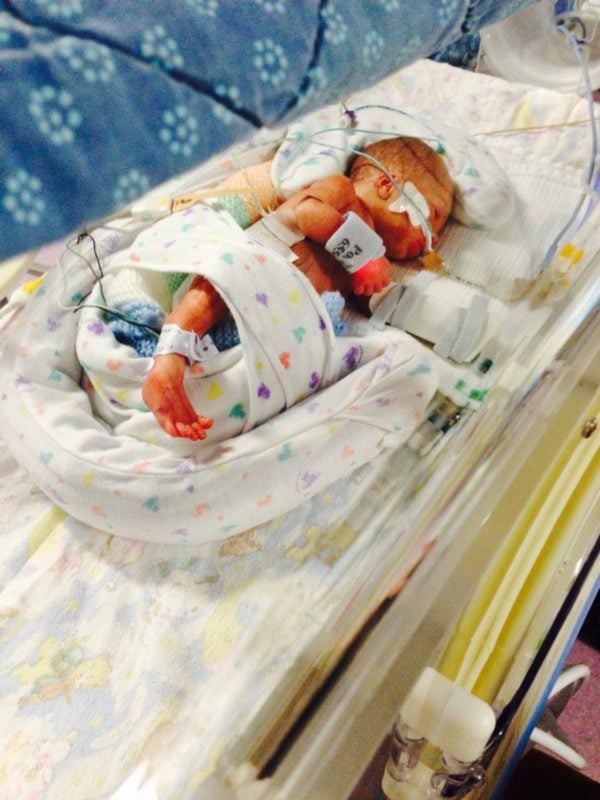
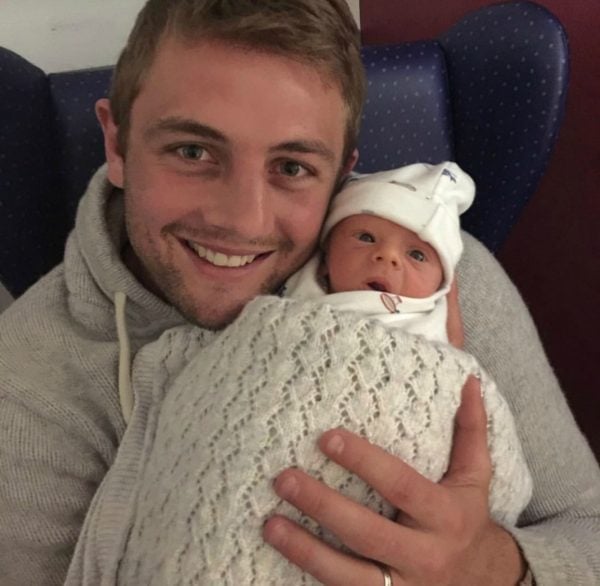
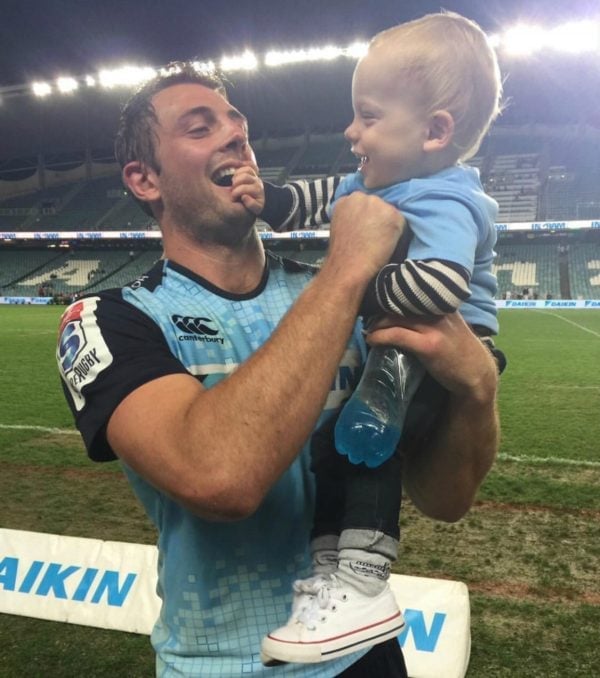
Top Comments
After having six miscarriages, I fell pregnant with twins. Finally a pregnancy that got through the first trimester!
But at 23 wks I went into spontaneous labor, in hospital we spent the whole day trying to stop it. The twins were born that evening. Ollie Owen passed away after 13 minutes. Our little Ella Grace was in NICU for five days, before an infection overcame her. We were able to hold her for her last hours.
One year & one day after the twins were born, I gave birth to our little rainbow baby boy at 37 weeks. He is now 4 months old.
I totally relate to this story, especially about communication being so important. Being able to talk about the twins& having a wonderful supportive family that welcomed them into the family, made it easier for us to keep going. It is unimaginable giving birth and not being able to take your babies home with you.
Loved it. Thank you.